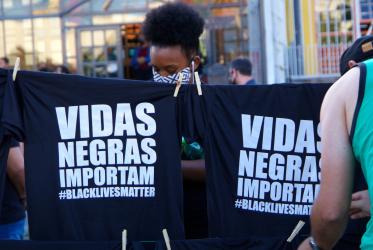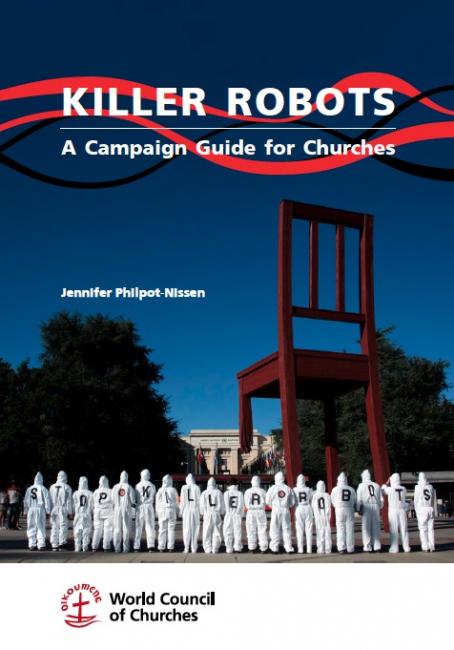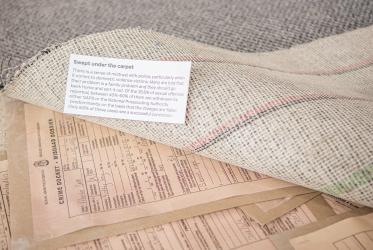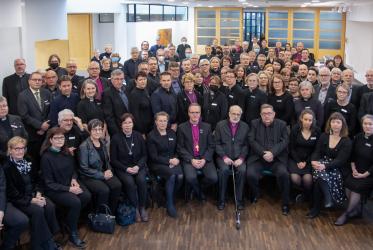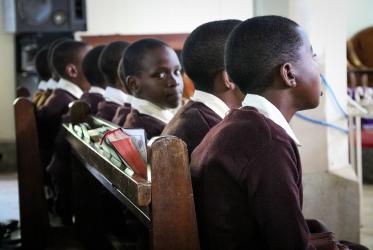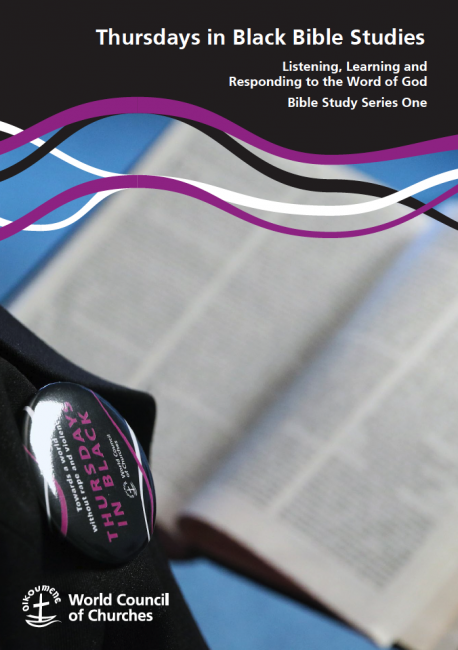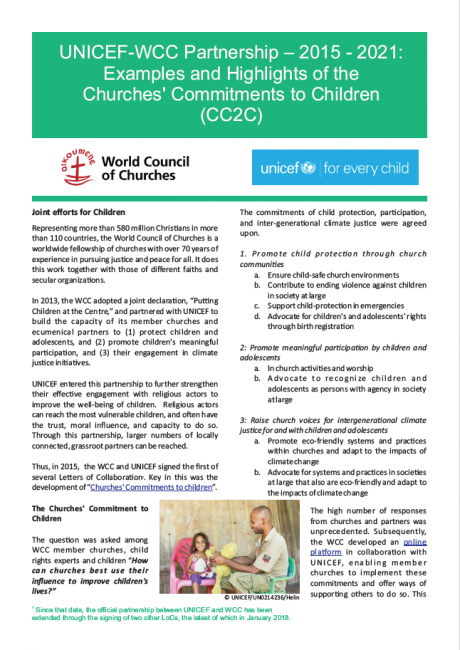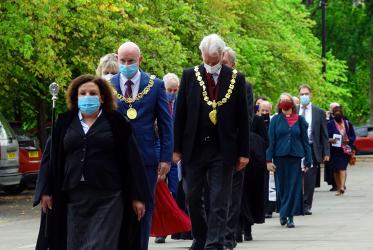Displaying 141 - 160 of 244
Webinar remembers past massacres in Europe
16 December 2021
Webinar explores intersection of debt cancellation and anti-racism
09 December 2021
Past massacres in the Middle East: “this should never be forgotten”
09 December 2021
Churches can address root causes of femicide—and webinar reveals how
01 December 2021
ZacTax Toolkit
24 November 2021
African church leaders train in leadership, diakonia and development
12 November 2021
Thursdays in Black Bible Studies Series 1
Listening, Learning and Responding to the Word of God
21 October 2021
Women in Argentina walk in solidarity with women of Afghanistan
23 September 2021
Churches offer some relief in Kenya’s drought disaster
16 September 2021



